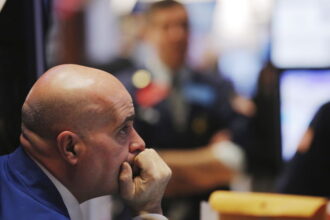Following a significant price drop earlier this year, the market has been exhibiting a bullish trend since May 2023, according to an exhaustive analysis. The slump was influenced by sales from the U.S. Strategic Petroleum Reserve (SPR) and economic difficulties in China. However, the tide turned in recent months, with crude oil futures rising to $95.03 per barrel in September 2023.
This surge in prices has ignited inflationary pressures, as reflected in the Consumer Price Index (CPI) and Producer Price Index (PPI) indices. The rising cost of crude oil is expected to be a hot-button issue in the upcoming 2024 U.S. election.
Apart from crude oil futures, the report also highlighted seasonal fluctuations in gasoline demand and changes in and futures. The effects of U.S. energy policy and Russia’s influence on prices were also touched upon.
While the current trend is bullish, analysts caution about possible periodic corrections amid increasing SPR levels. Despite these warnings, the upward trajectory of crude oil prices continues to shape global economic conversations and policy debates.
The study also underscored that this trend could be affected by a variety of factors including geopolitical developments, changes in energy policies, and shifts in global demand patterns. For instance, Russia’s sway on prices and U.S. energy policy have been identified as significant influencers on the global crude oil market.
As we move forward into October, it remains to be seen how these dynamics will play out and what effect they will have on the crude oil market’s trajectory for the remainder of 2023 and beyond.
This article was generated with the support of AI and reviewed by an editor. For more information see our T&C.
Read the full article here










